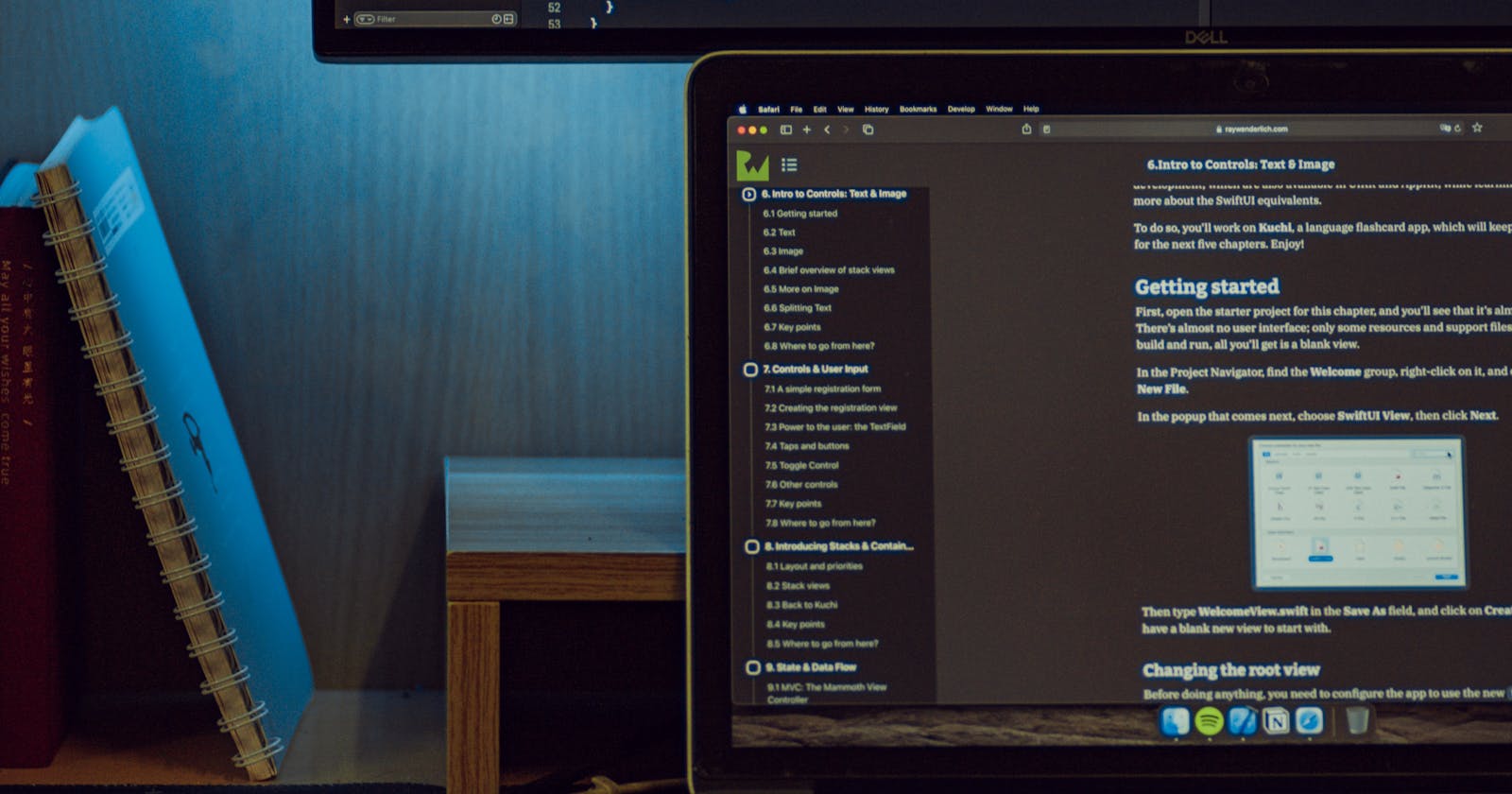In the ever-evolving landscape of technology, coding has become an indispensable skill. Whether you're a novice or an experienced developer, one aspect remains constant: the importance of logical thinking. Building a strong foundation in logic is akin to constructing a sturdy building; it forms the backbone of your programming journey. In this article, we'll explore the significance of logic in coding and provide practical strategies to enhance your logical thinking skills.
Understanding the Role of Logic in Coding
Logic in coding refers to the ability to think critically, analyze problems, and devise systematic solutions. It's the mental framework that enables programmers to break down complex problems into smaller, manageable parts. A logical coder can identify patterns, formulate algorithms, and create efficient solutions. Here's why logic is crucial in coding:
1. Problem Solving:
Logic helps you approach problems methodically. By understanding the problem's requirements, you can break it down into smaller sub-problems and solve them individually.
2. Algorithm Design:
Logical thinking aids in designing algorithms. You can visualize the steps required to solve a problem, optimizing them for efficiency and speed.
3. Debugging:
When errors occur in your code, logical reasoning helps you trace the problem back to its source. You can identify the flawed logic and rectify it.
4. Optimization:
Logical coders can optimize their programs by identifying redundant operations and improving algorithms, leading to faster and more resource-efficient solutions.
Strategies to Enhance Logical Thinking
1. Practice Regularly:
Solving coding challenges on platforms like LeetCode, HackerRank, and CodeSignal can enhance your problem-solving skills. Regular practice exposes you to diverse problems, honing your ability to identify patterns and apply appropriate algorithms.
2. Break Down Problems:
When faced with a complex problem, break it down into smaller, more manageable tasks. Tackle each sub-problem individually, ensuring you understand the logic behind each step.
3. Understand Data Structures and Algorithms:
A solid grasp of data structures (arrays, linked lists, trees, graphs) and algorithms (sorting, searching, dynamic programming) equips you with powerful tools to solve a wide array of problems.
4. Collaborate and Discuss:
Engage in coding communities and participate in coding discussions. Explaining your logic to others and understanding different approaches can broaden your perspective and improve your logical reasoning.
5. Embrace Challenges:
Don't shy away from challenging problems. Embracing difficult tasks pushes your logical thinking abilities and encourages growth.
6. Review and Refactor Code:
Regularly review your past solutions. As your skills improve, you'll find more efficient ways to solve problems. Refactoring old code enhances your logical prowess.
7. Learn Different Programming Paradigms:
Understanding different programming paradigms, such as procedural, object-oriented, and functional programming, enhances your ability to approach problems from various angles.
Conclusion
Building a robust logical foundation is essential for any coder. It's not just about writing code; it's about crafting elegant solutions through systematic and logical reasoning. By practicing regularly, breaking down problems, understanding algorithms, collaborating with peers, and embracing challenges, you can strengthen your logical thinking skills. As you progress, you'll find that your ability to tackle complex problems and innovate solutions will set you apart in the world of coding. So, start honing your logical thinking today, and you'll be well on your way to becoming a proficient and innovative programmer.
